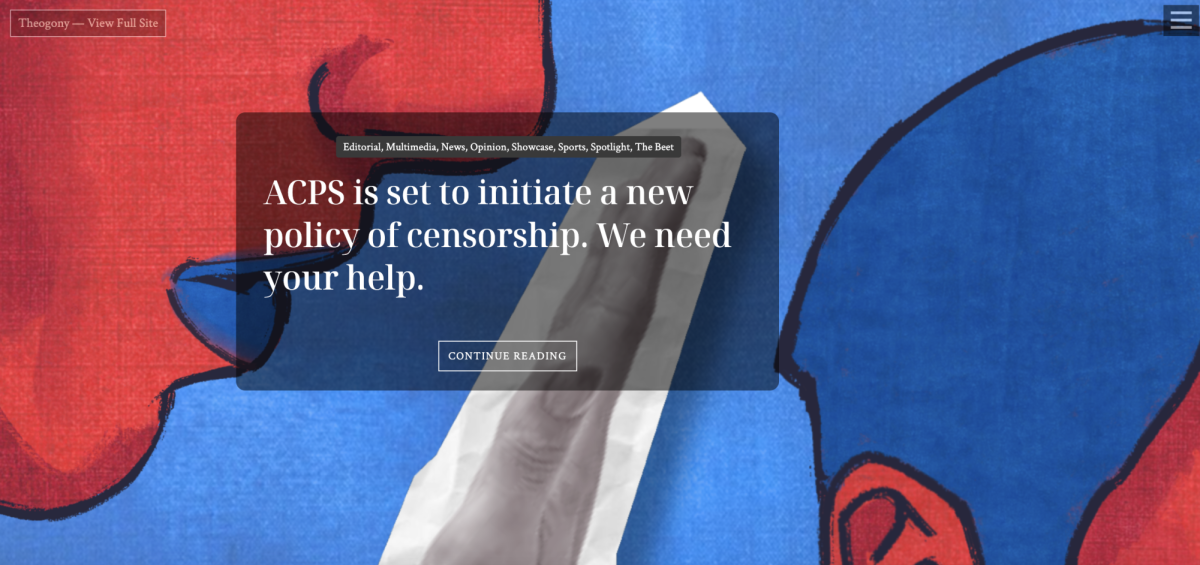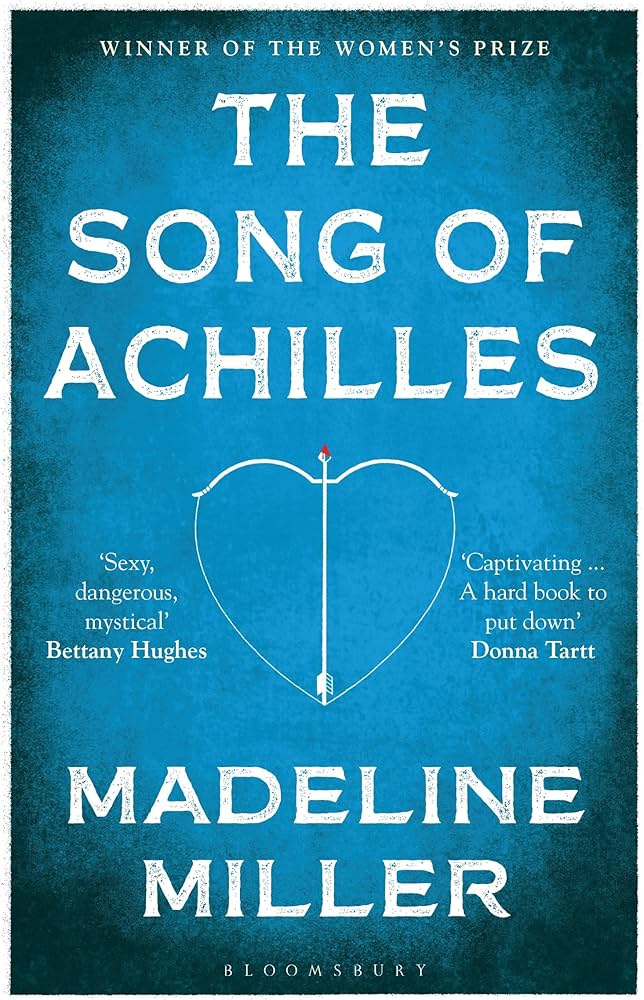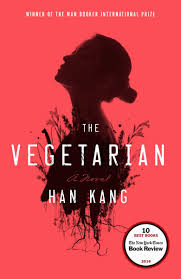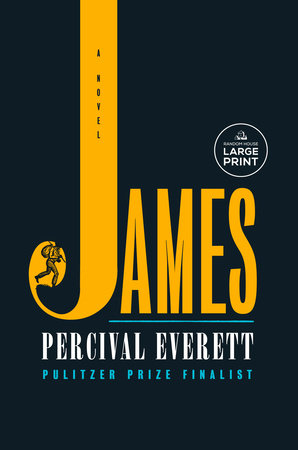When it comes to modern, Young Adult (YA) literature, few books seem to resonate in the public’s minds for a substantial amount of time. The longevity of modern media seems to grow shorter as attention spans dwindle and YA books are only read so long as they are briefly trending. In such an environment, few books can boast remaining popular and widely read for over a decade, and rarer still can they boast being widely influential in the modern literary marketplace. However, this is the case for Madeline Miller’s 2011 novel The Song of Achilles, a modern take on the story of Achilles and Patroclus, which has received critical acclaim and popularity since its publication, and has helped inspire many modern Greek mythology retellings. In fact, The Song of Achilles is so popular that some have argued that it transcends the modern fiction aimed at young adults and teenagers for fleeting entertainment, and may become a future “classic novel” in the same canon as the Homeric tradition it is based on. While I believe that the likelihood of this claim becoming true is low, I do believe that The Song of Achilles is one of the most engaging page-turners that I have read, and greatly deserves all the attention it has claimed.
The Song of Achilles was published in 2011 by Madeline Miller, a teacher of Latin and Greek, who is very well-versed in the Greek culture and literature on which her book is based. As a fan of Greek mythology, reexperiencing the world of Greek mythology through Madeline Miller’s prose was wonderful. Her ability to reimagine the characters we know from The Iliad in a novel form is very interesting, especially to see what changes she makes from the original sources to better fit the narrative. One of the things that makes The Song of Achilles so avant-garde is the two specific characters and their relationship that Miller emphasises. In reality, The Song of Achilles is actually not fully about Achilles, but is more an exploration and retelling of the romance between Patroclus and Achilles. Patroclus and Achilles’ love story has been attested since antiquity; however, it is one of the most overlooked elements of Achilles’ character. Madeline Miller has a talent for bringing to life overshadowed features of Greek mythology, which she also does in her popular novel Circe, which I have not read yet.
To best explain my opinions, this review will include major spoilers for the novel. Patroclus is the son of King Menoetius and is the novel’s narrator. He is characterized as clumsy and awkward in almost every way. Early in the novel, he is exiled from his kingdom for murdering a boy in self-defense, and is sent to the court of King Peleus, the father of Achilles. Here, he meets Achilles, and an immediate dichotomy is established between the two characters. While Patroclus is bumbly and awkward, Achilles is confident, strong, extraordinarily talented, and still a prince. Additionally, he is the son of the goddess Thetis, who is a major character in their story. According to Thetis, Achilles is destined to become a hero who will be remembered and honored for centuries, and for that reason, she wants to mold Achilles into a great warrior and hero. This promised fame and glory for Achilles immediately serves as a strain on his relationship with Patroclus, who is destined to be forgotten, and is reviled by Thetis.
Thetis plans to separate our protagonists by sending Achilles to train under the centaur Chiron to become a hero. However, this quickly fails when Patroclus simply follows him to Chiron’s dwelling, and the two stay together. Both of them soon realize that they love each other, despite their differences in status, and become extremely close. However, the famed Trojan War soon breaks out, and to protect Achilles, who is fated to die at Troy, he is forced by Thetis to go to the kingdom of Scyros, ruled by Lycomedes, and disguises himself as one of the women of the island. Patroclus, being left behind, eventually finds Achilles, but not before he has been forced to marry Lycomedes’ daughter, Deiadamia, who is now additionally bearing his son. As a Greek mythology fan, I found the characterization of Deidamia very interesting. In the novel, she is annoying and competing for Achilles’ love with Patroclus. However, this part of the story is inspired by Statius’ Achillied, in which Achilles’ relation to Deidamia is more predatory on his part. However, this change in the story where Achilles did not want to be with Deidamia at all benefits the plot by placing greater strain on Patroclus and Achilles’ love for each other.
However, it is the Trojan War story that places the greatest strain on Achilles and Patroclus’ love. Achilles is the strongest man at Troy, and thus the one who is murdering the most people. Patroclus, a pacifist and healer in this story (another change from the myths), finds it hard to relate to Achilles as his ego, glory, and bloodlust grows. Eventually, when we get to the part of the story where Homer’s The Iliad starts, and Achilles leaves the Greek army after a fight with Agamemnon so that they greater recognize his worth, Patroclus finds him unreasonable and wildly different from the man he once knew. Eventually, when the Trojans are about to win the war, Patroclus dons Achilles’ armor and rides out to battle to scare them away. After killing Sarpdeon, Patroclus too gets swept away in the thrill of the battle, which eventually leads to his demise at the hands of Hector.
Achilles’ rage is the first word of The Iliad, and for the longest time has been the primary focus of his story. At Patroclus’ death, this is where that acclaimed rage begins. Achilles’ feats are chopped down to paragraph-long stories since there are so many. The killings of Hector, Penthesilea, Eurypylus, and more are reduced to page-long side notes of his fury. This point of the story is being narrated by the unburied shade of Patroclus, who is watching Achilles descend to fury and wrath. Eventually, with the divine guidance of Apollo, Paris kills Achilles, and the novel ends with them finally being buried together, showing hope for maybe both of their future fame.
Now, that was a very thorough plot summary, and the reason I gave so much away was because the story of Achilles and Patroclus is thousands of years old. Therefore, not only am I more comfortable with giving away the plot, but I also believe that it will benefit this review to get into the details of how I felt about it. The Song of Achilles is a novel I struggled with figuring out my opinions on. On the one hand, I was mostly accustomed to reading “great literature,” and while The Song of Achilles is a magnificent tour de force of escapism and power, ultimately, I found a lack of depth that the previous novels I’ve read had. However, I do not believe that this shallowness should knock down The Song of Achilles’ greatness in the slightest. The Song of Achilles never had to be deep or exemplary; it’s a fun book. I had a blast reading a modern retelling of a largely underdeveloped part of Greek mythology. So who’s to say that it had to be anything more? Catching fun mythological references (like when Achilles watches Protesilaus jump overboard and drown himself at Troy, and does not know the mythical reason why) is rewarding and fun. Achilles and Patroclus’ love story is captivating at most times. The imagery is beautiful and always feels like it’s popping off the pages. The Song of Achilles is no literary masterpiece, or great achievement of humanity, but if every book reviewed was, that would be a lot less fun. Madeline Miller clearly put her heart and soul into this book, and I think it is well-worth reading for everyone.


























